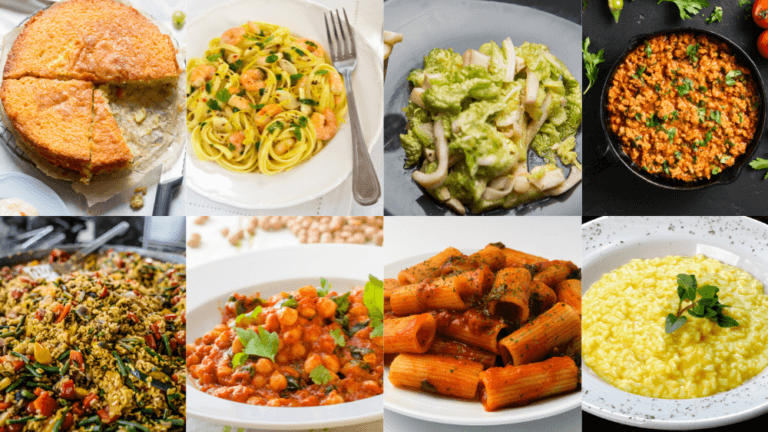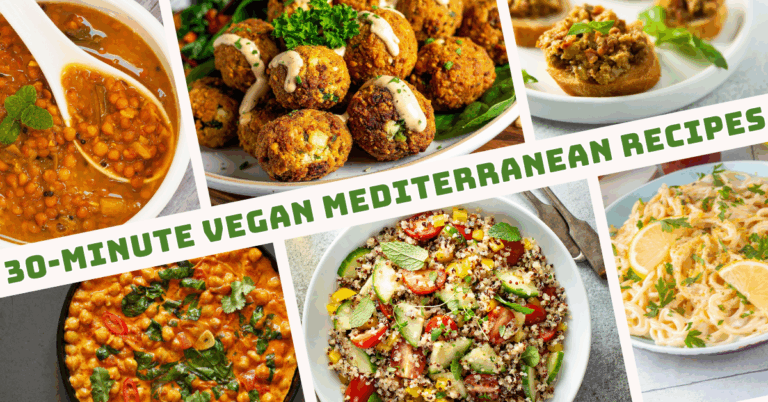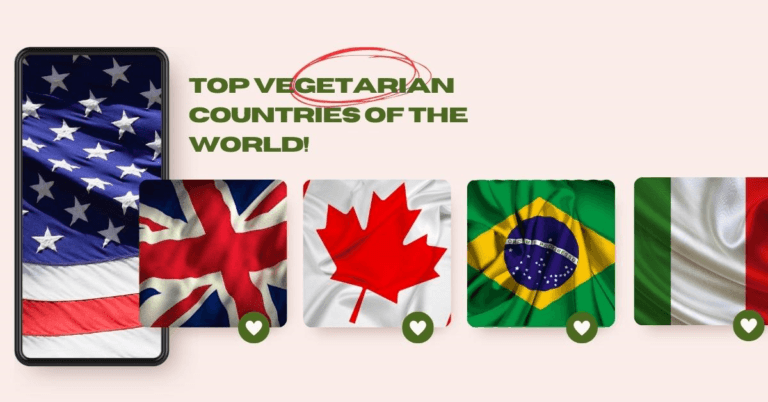Plant-Based Diet vs Vegan Diet
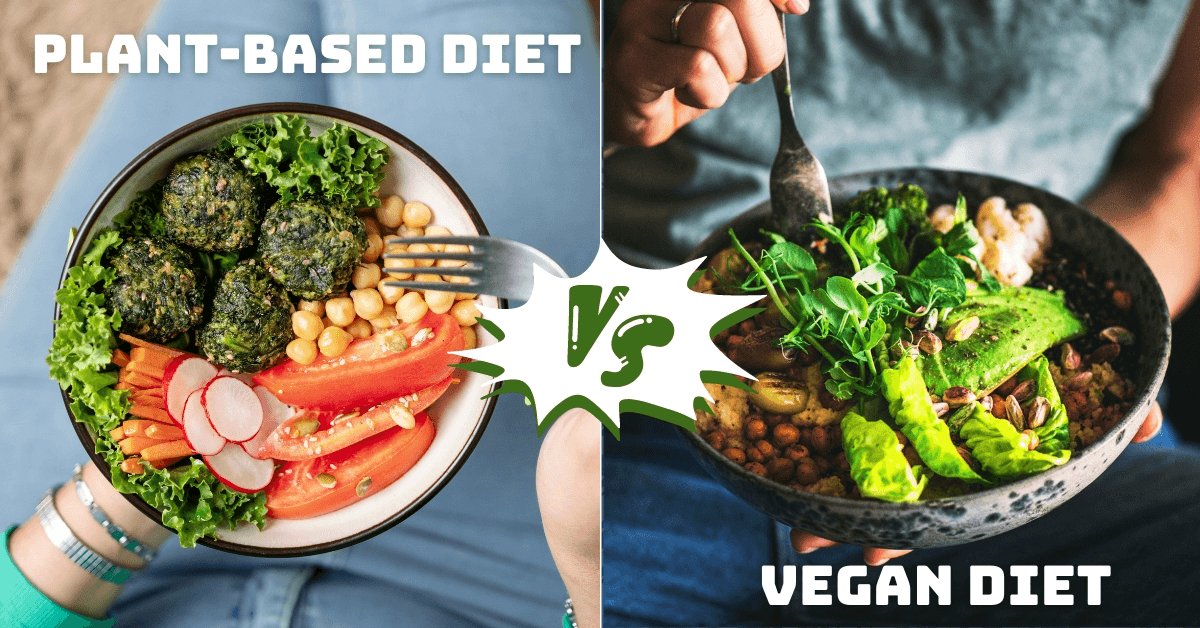
Plant-Based Diet vs Vegan Diet: A Comprehensive Guide To Choosing The Right Diet
The terms “plant-based” and “vegan” are often used interchangeably, but they denote different dietary philosophies and practices.
Plant-based diets prioritize health, occasionally allowing animal products, while veganism strictly avoids them, driven by ethical and environmental commitments.
Discover the nuances of plant-based diet vs. vegan diet to choose your perfect fit.
Meaning Of Vegan Diets
A vegan diet is a strict form of vegetarianism that excludes all animal products. This means no meat, fish, dairy, eggs, or any other food items derived from animals.
Additionally, vegans avoid ingredients like gelatin and certain animal-derived additives. The primary motivation behind adopting a vegan diet is often ethical, focusing on preventing animal suffering and exploitation.
Many vegans are driven by the belief that eliminating animal products can reduce their carbon footprint and support a more sustainable food system.
Health benefits are also significant, as a vegan diet is linked to lower risks of heart disease, hypertension, and certain cancers.
Beyond dietary choices, veganism extends to lifestyle practices, rejecting all animal-derived products such as leather, wool, and cosmetics tested on animals.
This comprehensive approach aims to minimize animal harm and promote a more compassionate and environmentally friendly way of living.
Meaning Of Plant-Based Diets
A plant-based diet emphasizes foods primarily derived from plants, including fruits, vegetables, nuts, seeds, oils, whole grains, legumes, and beans.
It doesn’t require completely giving up meat or animal products, allowing for flexibility and personal preference.
The primary goal of a plant-based diet is health-oriented, focusing on nutrient-dense foods that can lower the risk of chronic diseases such as heart disease, diabetes, and certain cancers.
This diet promotes heart health, better weight management, and overall well-being by prioritizing whole, unprocessed plant foods.
While plant-based diets can be entirely vegan, excluding all animal products, they can also include small amounts of animal-based foods like dairy, eggs, or meat.
This flexibility makes the plant-based diet accessible and sustainable for many people seeking to improve their eating habits.
It encourages a balanced approach to nutrition, making it easier for individuals to incorporate more plant foods into their meals without the need for strict dietary restrictions.
Plant-Based Diet vs Vegan Diet
With growing interest in sustainable and healthy eating, plant-based diet vs vegan diet has gained significant popularity.
Understanding their distinctions can help individuals make informed dietary choices that align with their health goals and ethical beliefs.

1. Ethical Considerations
The ethical dimension is one of the most significant differences between a vegan and a plant-based diet. Vegans adopt their diet primarily to prevent animal suffering and exploitation.
This ethical commitment extends beyond food to all aspects of their lifestyle, avoiding products tested on animals and those made from animals, such as leather and wool.
In contrast, a plant-based diet is primarily adopted for health rather than ethical concerns. While someone on a plant-based diet might choose to avoid animal products, their primary motivation is often the health benefits rather than animal welfare.
This approach focuses on nutrient-dense foods to lower the risk of chronic diseases and improve overall well-being.
2. Health Implications
Both diets can offer substantial health benefits, but the focus and approach can differ. A plant-based diet emphasizes whole foods and minimizes processed foods, leading to better nutrient intake and reduced risk of chronic diseases.
Research shows that plant-based diets can lower the risk of heart disease, hypertension, diabetes, and certain cancers.
A vegan diet can also be health-promoting but requires careful planning to meet all nutritional needs, particularly for nutrients like vitamin B12, iron, calcium, and omega-3 fatty acids, predominantly found in animal products.
Vegans need to find plant-based sources or supplements to avoid deficiencies. This careful nutritional management is essential to maintain health and prevent potential deficiencies.
3. Environmental Impact
Both vegan and plant-based diets can significantly reduce an individual’s environmental footprint. Animal agriculture is a major contributor to greenhouse gas emissions, deforestation, and water consumption.
By reducing or eliminating animal products, both diets contribute to environmental sustainability, helping to conserve natural resources and reduce pollution.
However, the vegan diet, which entirely excludes animal products, arguably has a more substantial environmental benefit than a plant-based diet that might include some animal products.
By completely avoiding animal-derived foods, vegans can decrease their environmental impact, promoting a more sustainable food system.
This stricter adherence to plant-only foods makes the vegan diet more impactful in reducing ecological footprints.
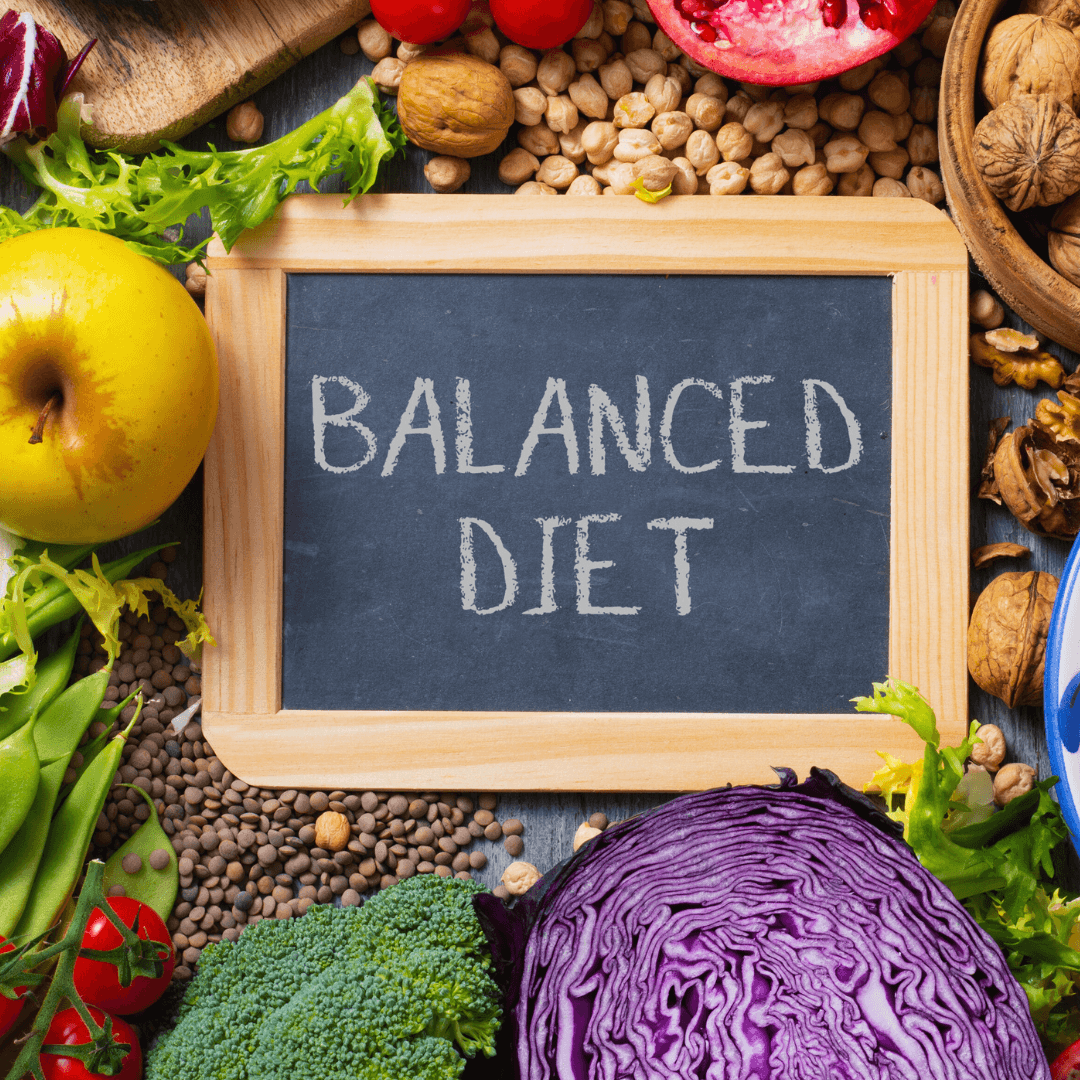
4. Dietary Flexibility
A plant-based diet offers more flexibility compared to a vegan diet. Plant-based eaters can include small amounts of animal products, making the diet easier for some people to follow.
This flexibility can make it more sustainable in the long term as it allows for occasional indulgences without feeling restricted.
In contrast, a vegan diet is more stringent, requiring eliminating all animal products. This strict adherence can be challenging, particularly in social settings or dining out, as it requires careful attention to ingredient lists and food preparation methods.
The rigid nature of veganism can make it harder for some individuals to maintain consistency, especially when faced with limited options or unexpected situations.
5. Nutritional Considerations
A well-planned vegan diet can provide all essential nutrients, but it requires careful knowledge and planning.
Vegans must obtain sufficient vitamin B12, iron, calcium, and omega-3 fatty acids, typically found in animal products, through plant-based sources or supplements.
Plant-based diets also require planning but offer more flexibility, as they can include small amounts of animal products to help meet nutritional needs.
This less restrictive approach can make it easier to address potential nutrient gaps, providing a broader range of options for obtaining essential nutrients.
While both diets require attention to nutrition, the plant-based diet's flexibility can simplify maintaining balanced and varied nutrition.
6. Social And Cultural Aspects
Adopting a vegan diet can be socially and culturally challenging, particularly in cultures where animal products are dietary staples.
Social events, family gatherings, and dining out can become more complicated, as strict adherence to a vegan diet often requires careful planning and negotiation to find suitable options.
In contrast, plant-based diets offer greater flexibility, making them easier to navigate in social and cultural contexts.
Since plant-based eaters may include small amounts of animal products, they can more readily participate in traditional foods and celebrations.
This flexibility helps integrate dietary choices with social and cultural practices, making it simpler to maintain dietary goals while engaging in communal food experiences.
7. Impact On Food Industry
The rise of vegan and plant-based diets has significantly impacted the food industry, leading to a surge in plant-based products like meat alternatives, dairy-free cheeses, and milk.
Restaurants and food producers are increasingly catering to these preferences, making it easier to find options that align with both vegan and plant-based diets.
The distinction between vegan and plant-based diets has also contributed to a diversification of products.
Vegan products are designed to exclude all animal derivatives, while plant-based products may include minimal animal ingredients.
This distinction helps consumers make more informed choices based on their dietary goals and ethical beliefs, influencing product development and labelling in the food industry.

8. Personal Preference And Lifestyle
Ultimately, the choice between a vegan and a plant-based diet comes down to personal preference and lifestyle.
Individuals with strong ethical convictions regarding animal rights may find that a vegan diet aligns better with their values, as it fully excludes all animal products and promotes animal welfare.
On the other hand, those primarily motivated by health concerns may prefer the flexibility of a plant-based diet.
This diet allows for the occasional inclusion of animal products while focusing on plant-based foods for overall health benefits.
The flexibility of a plant-based diet can make it easier to integrate into daily life and maintain long-term alignment with personal health goals and dietary preferences.
9. Practicality And Accessibility
From a practical standpoint, a plant-based diet can be more accessible. The flexibility to include occasional animal products means individuals can adapt their diet based on availability and convenience, reducing the need for constant ingredient scrutiny and making it easier to maintain in various settings.
In contrast, a vegan diet, while potentially more impactful ethically and environmentally, requires greater diligence in sourcing food and ensuring nutritional adequacy. This can be a barrier for those with limited access to vegan food or supplements.
The need to carefully select and plan meals to meet nutritional needs can make a vegan diet less accessible for some individuals, especially in areas with fewer plant-based options.
10. Misconceptions And Clarifications
There are several common misconceptions about vegan and plant-based diets. One is that veganism is always healthier, which isn't necessarily true.
Both diets can be healthful or unhealthful depending on food choices; for instance, both can include highly processed or nutrient-poor foods.
Another misconception is that plant-based diets are inherently less ethical. However, many people who follow a plant-based diet are committed to reducing animal product consumption for ethical reasons, even though their diet may include occasional animal-derived foods.
It's important to recognize that both vegan and plant-based diets can reflect varying degrees of ethical and health priorities based on individual choices and goals.
11. Adoption And Transition
Transitioning to either a vegan or plant-based diet can be gradual. For those moving towards veganism, starting with a plant-based diet can be a manageable first step.
This approach allows individuals to gradually eliminate animal products while increasing their intake of plant-based foods, making the transition smoother and more sustainable.
Starting with a plant-based diet provides flexibility and can ease the adjustment process by offering a balanced approach.
As comfort with plant-based eating grows, individuals can progressively adopt stricter vegan practices if desired.
This step-by-step transition helps build new habits and ensures that the shift to a fully vegan diet is achievable and aligned with personal goals.
12. Cultural Influences And Trends
Cultural trends and influencers have significantly impacted the popularity of vegan and plant-based diets.
Documentaries, celebrity endorsements, and social media have heightened awareness about the benefits and challenges of these diets, inspiring many to adopt dietary changes. However, these cultural influences also contribute to misconceptions and unrealistic expectations.
The portrayal of vegan and plant-based diets in popular media can sometimes oversimplify the complexities and challenges associated with them, leading to a skewed perception of their ease and benefits.
While such trends can motivate positive dietary shifts, individuals need to seek balanced information and understand the practical aspects of adopting these diets.
General Tips For Both Diets
Let’s dive into some general tips for both diets:
1. Educate Yourself
Understanding the nutritional requirements of your chosen diet is crucial. Whether adopting a vegan or plant-based diet, educate yourself about essential nutrients and how to obtain them. Books, reputable websites, and consultations with dietitians can provide valuable information.
2. Plan Your Meals
Meal planning helps ensure you get a balanced diet and avoid deficiencies. Plan your meals to include a variety of foods to meet your nutritional needs.
This means incorporating fortified foods or supplements for nutrients like B12, iron, and omega-3s for vegans.

3. Experiment With Recipes
Explore new recipes to keep your meals exciting and varied. There are numerous cookbooks and online resources dedicated to vegan and plant-based cooking.
Experimenting with different cuisines can introduce you to various flavours and ingredients.
4. Stock Up On Staples
Keep your pantry stocked with essential ingredients like grains, legumes, nuts, seeds, and various fruits and vegetables. These staples make it easier to prepare nutritious meals without resorting to processed foods.
5. Be Mindful Of Protein Intake
Both diets can provide adequate protein, but it's important to include high-protein plant foods such as beans, lentils, tofu, tempeh, and quinoa.
Vegans should try to combine different protein sources to ensure they get all essential amino acids.
6. Monitor Your Nutrient Levels
Regular check-ups and blood tests can help you monitor your nutrient levels, particularly for vitamins and minerals that are harder to obtain from a vegan diet. This can help you address deficiencies early and adjust your diet or supplements.
7. Stay Hydrated
Drinking plenty of water is essential for overall health and can aid digestion, especially with a high-fibre diet. Herbal teas and infused waters can add variety to your hydration routine.
8. Social Support
Joining a community of like-minded individuals can provide support and motivation. Online forums, local meet-ups, and social media groups can connect you with others who share your dietary choices and offer advice, recipes, and encouragement.

9. Read Labels
Both vegans and those on plant-based diets should read food labels carefully. Look out for hidden animal ingredients, additives, and processing methods that might not align with your dietary goals.
10. Be Patient And Flexible
Adopting a new diet requires time and patience. Be flexible and forgiving with yourself as you learn and adapt.
It's okay to make mistakes or occasionally indulge in a craving. The goal is long-term sustainability and overall improvement in your dietary habits.
11. Cooking At Home
Cooking at home gives you complete control over your ingredients and preparation methods. It allows you to tailor meals to your nutritional needs and preferences, ensuring they align with your vegan or plant-based goals.
12. Eating Out
When dining out, research restaurants in advance to find those with vegan or plant-based options.
Don’t hesitate to ask questions about ingredients and preparation methods to ensure your meal meets your diet.

13. Educate Friends And Family
Helping those around you understand your dietary choices can make social situations easier. Share information and resources with friends and family to help them support your lifestyle.
14. Supplement Wisely
Supplements can be key in maintaining health on a vegan or plant-based diet. Common supplements include vitamin B12, vitamin D, omega-3 fatty acids, and sometimes iron or calcium. Consult with a healthcare professional to determine which supplements are necessary for you.
15. Mindful Eating
Practicing mindful eating can enhance your enjoyment of food and improve digestion. Tune into your hunger and fullness signals, savour each bite, and enjoy the flavours and textures of your meals.
16. Physical Activity
Complement your diet with regular physical activity. Exercise supports overall health and can help you maintain a balanced weight. It also promotes mental well-being and can enhance your enjoyment of a healthy lifestyle.
FAQ
1. Does Vegan Mean Gluten-Free?
Answer: No, a vegan diet excludes animal products but does not necessarily exclude gluten. Many vegans consume gluten-containing grains like wheat, barley, and rye.
2. Are Plant-Based And Vegan The Same?
Answer: No, a plant-based diet focuses on eating primarily plants but may include small amounts of animal products. A vegan diet strictly excludes all animal products.
3. Is Plant-Based 100% Vegan?
Answer: Not necessarily. A plant-based diet focuses on plant foods but may include small amounts of animal products, while a vegan diet is completely free of all animal products.
4. Is A Vegan Diet A Completely Plant-Based Diet?
Answer: Yes, a vegan diet is a plant-based diet that strictly excludes all animal products, making it entirely plant-based.
5. Why Do People Say Plant-Based Not Vegan?
Answer: People may prefer the term “plant-based” as it can imply a focus on health and diet rather than veganism's ethical and lifestyle implications. It can also be more inclusive of those who consume small amounts of animal products.
Conclusion
In conclusion, selecting between a vegan and a plant-based diet depends on personal values, health goals, and lifestyle preferences.
Both diets provide notable health benefits and support environmental sustainability, allowing individuals to choose the option that best aligns with their needs and principles.
By understanding the differences and adopting practical tips, individuals can make informed choices that support their well-being and ethical considerations.
I trust you enjoyed this article about the Plant-Based Diet vs Vegan Diet: A Comprehensive Guide To Choosing The Right Diet. Please stay tuned for more blog posts soon. Take care!
JeannetteZ
>>>Please click here to read my Vegan Travel Guides To World Destinations<<<
>>>Want To Learn How To Create Delicious, Cruelty-Free, Healthy AND 100% Vegan Meals? Try These Awesome Vegan Cooking Courses With A Free 7-DAY MEMBERSHIP<<<
Your Opinion Is Important To Me
Do you have thoughts, ideas, or questions? I would love to hear from you. Please leave me your questions, experiences, and remarks about the article on Plant-Based Diet vs Vegan Diet: A Comprehensive Guide To Choosing The Right Diet in the comments section below. You can also email me at Jeannette@LivingTheVeganLifestyle.org.
Disclosure
This post may contain affiliate links. I earn from qualifying purchases as an Amazon Associate and other affiliate programs. Please read my full disclosure.
Here are links to some of my favourite articles:
Vegan Burger Nutrition Facts Explained
Authentic Vegan Recipes Of India
Best Vegan Brunch Recipe Ideas
Best Nonmeat Sources Of Vitamin B12
Best Vegan Barbecue Foods For Your Next Cookout

